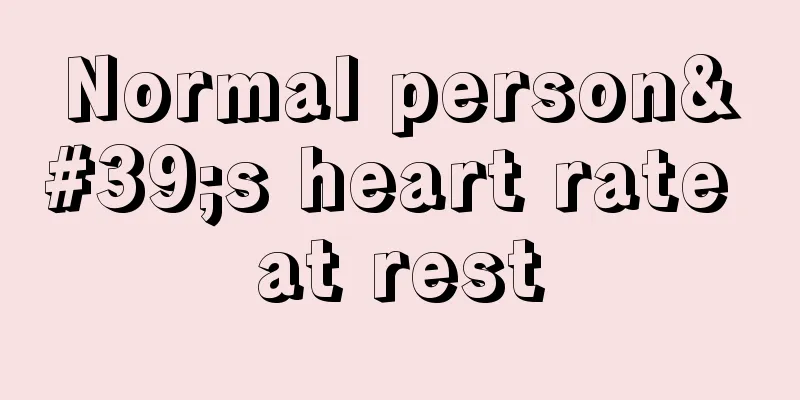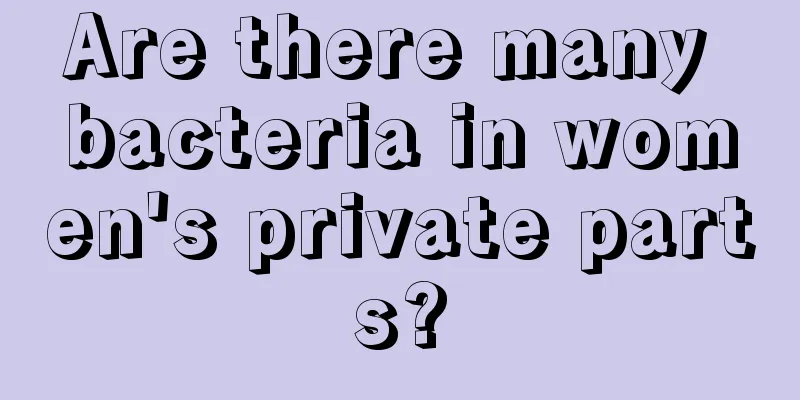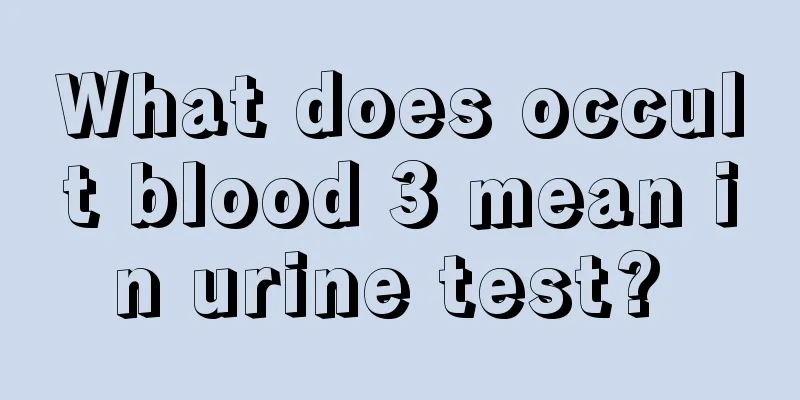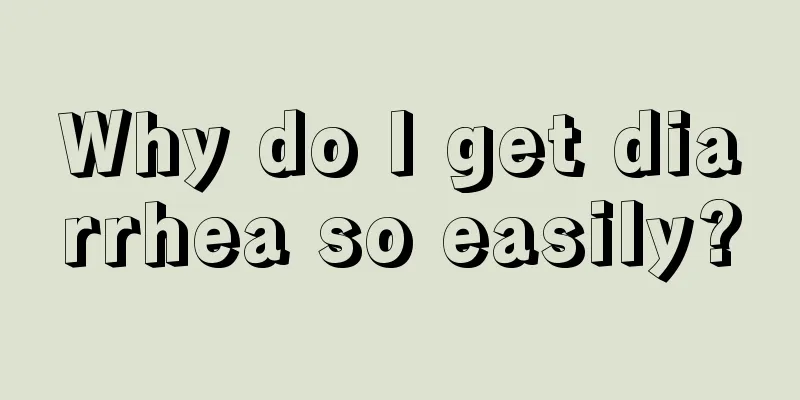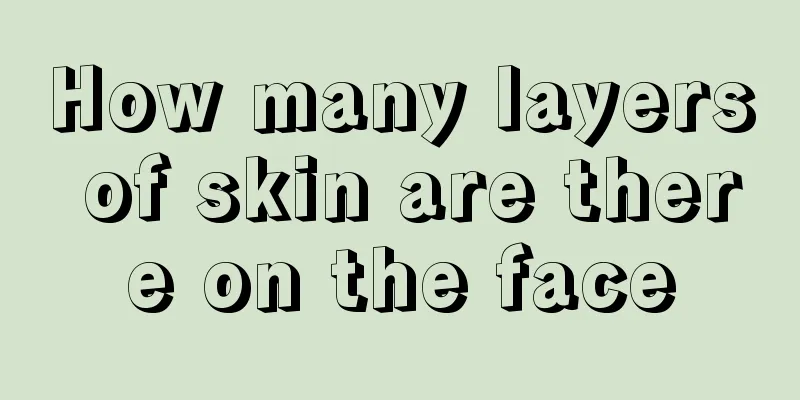Anti-inflammatory drugs for treating pubic lice
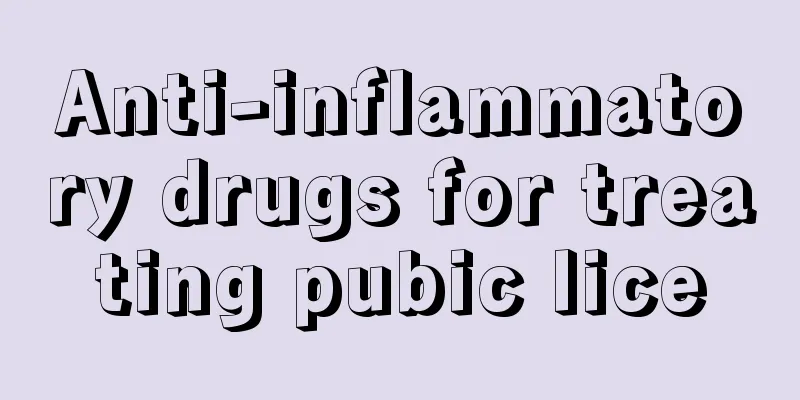
|
Pubic lice is a parasitic disease and generally does not require anti-inflammatory drugs for treatment. If the disease leads to secondary infection, anti-inflammatory drugs will be needed for treatment. There are many reasons for this disease, which is directly related to sanitary conditions. Therefore, people suffering from this disease should shave their pubic hair and change their underwear in time. At the same time, they should pay attention to personal hygiene and take a bath frequently. Let's learn how to treat pubic lice. 1. Treatment principles Early diagnosis and timely treatment; treatment plans must be individualized; regular treatment and follow-up; tracing the source of infection, examination and treatment; sexual partners should be examined and treated at the same time. 2. Treatment options The ideal treatment should be able to effectively kill both adult pubic lice and their eggs. Before treatment, the patient should shave his pubic hair, and underwear, bed sheets, and quilts should be soaked in boiling water to kill insects. (1) General treatment: Shave pubic hair. Boil and disinfect underwear, panties, menstrual belts and bathing utensils to keep them clean and hygienic. Patients should avoid sexual intercourse to avoid infecting others. Because pubic hair is where pubic lice live, without pubic hair lice will lose the place they need to live. In order to completely treat the disease, it is generally required to shave off the pubic hair and burn it to completely eliminate the environment in which pubic lice survive. In addition, the claws of pubic lice are very powerful, and they often grasp the hair shaft tightly, making it difficult to separate, so shaving pubic hair is a necessary treatment. (2) Drug treatment: You can choose lindane lotion, shampoo or cream; malathion lotion; permethrin; sulfur ointment; 25% benzyl benzoate emulsion, etc., all of which have the effect of killing adult pubic lice and eggs. If the itching is severe, antihistamines can be used to relieve itching. If secondary bacterial infection occurs, antibiotics should be used. 3. Cure criteria The patient should be followed up 4 to 7 days after the first treatment. The patient can be considered cured if the symptoms disappear and no lice or eggs are found during physical examination. Sometimes itching may last for a period of time, which is mainly caused by allergic reactions and can be treated symptomatically, but it will not affect the recovery. The prognosis is good. |
<<: Dangers of facial ultrasound knife
>>: Can oral anti-inflammatory drugs cause antral gastritis?
Recommend
Redness on both sides of the chin
The human body needs to undergo normal metabolism...
Clinical features of breast cancer during pregnancy
Although the chance of breast cancer developing d...
I'm very hungry but feel like vomiting
It is generally believed that you should eat some...
How to deal with minor injuries
If there is a minor injury on your skin, many peo...
Which is better, marigold or rice
Because both marigold and rice have skin care eff...
Can patients with gastric cancer eat seafood?
Can gastric cancer patients eat seafood? 1. Gener...
How long can you live if ovarian cancer spreads
Many people think that if they have ovarian cance...
What is ovarian tumor
Ovarian tumor refers to a tumor that occurs on th...
Is it good for patients with kidney stones to drink beer?
If a man does not drink or smoke, he is not a man...
How to treat and relieve acne between eyebrows?
There are many factors that cause people to get a...
Is diatom mud harmful to the human body?
In the decoration industry, more and more people ...
Adult Separation Anxiety
Adult separation anxiety is a condition that many...
What are the side effects of slimming injections
Many people want to lose weight through exercise,...
30% of skin tumors are misdiagnosed as pigmented nevi
Many people actively seek treatment for pigmented...
What is the treatment for post-herpetic syndrome
Herpes is a relatively serious disease. Some herp...

